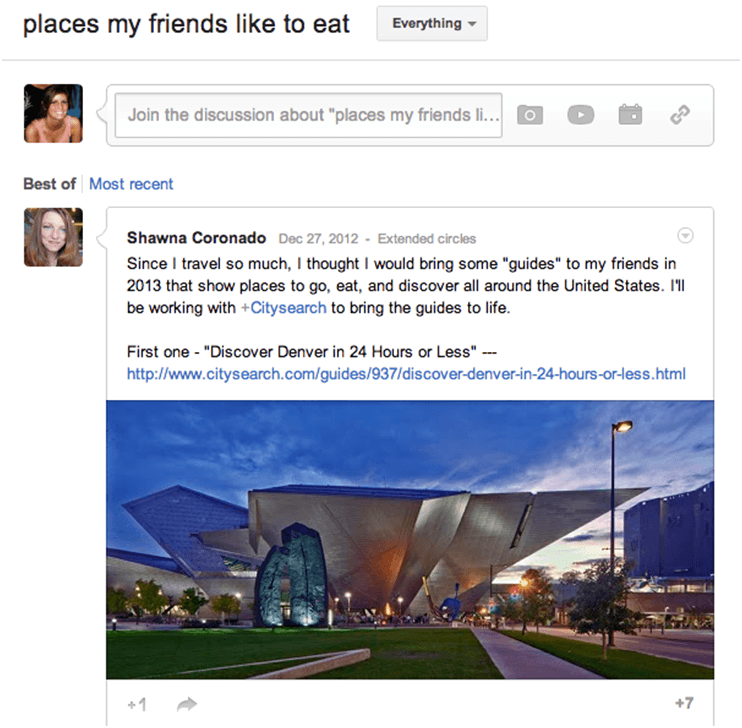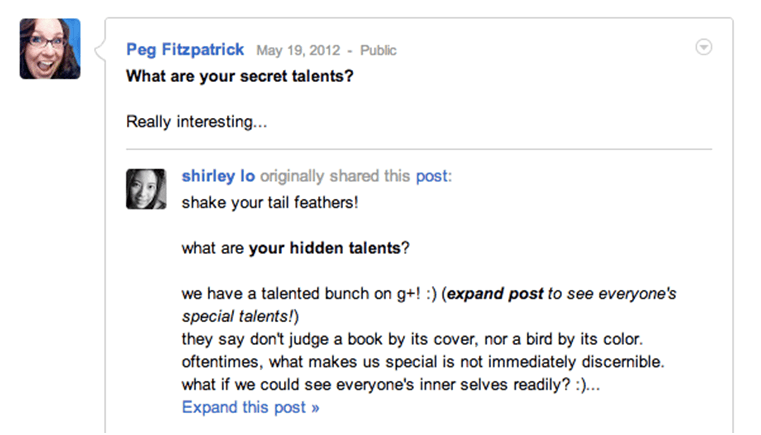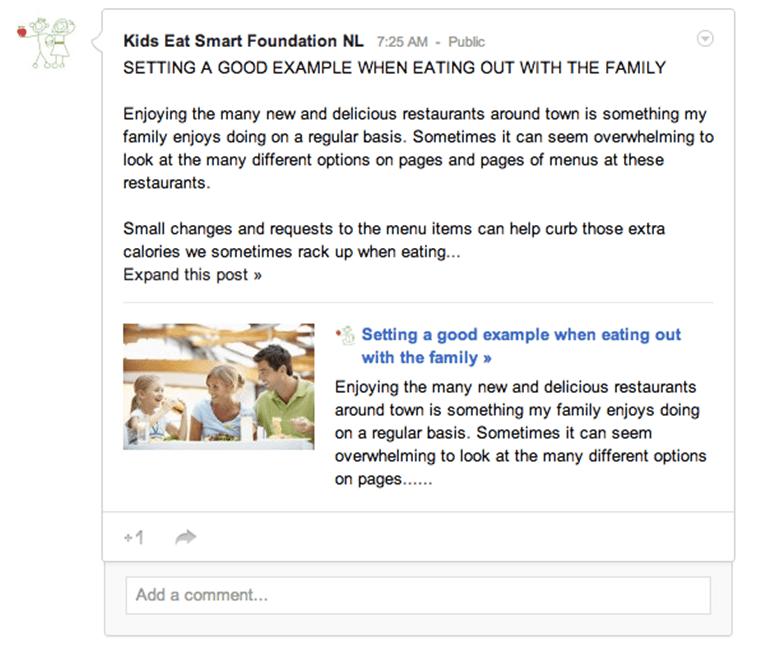 Facebook and Google have been seen as separate online necessities for quite some time, but it seems as though both companies are beginning to close that gap. Facebook is becoming more search oriented with the announcement of the Facebook Graph (currently in Beta testing), and Google is becoming more socially oriented as Google+ begins to have more and more of an influence of individual search results.
Facebook and Google have been seen as separate online necessities for quite some time, but it seems as though both companies are beginning to close that gap. Facebook is becoming more search oriented with the announcement of the Facebook Graph (currently in Beta testing), and Google is becoming more socially oriented as Google+ begins to have more and more of an influence of individual search results.
Although Facebook is coming from the very “social” end of the things and Google is coming from the very “search” end of things, it is clear that both are coming closer and closer together in what looks like one common goal—creating something that dominates both search AND social.
This leads many to wonder: Is this going to be a matter of who gets to the middle first, or will Google and Facebook always remain in their designated realms, unable to truly compete with the other?
The Differences Between Both Facebook and Google’s Advances
The biggest difference between the two is the type of searches that will be successful. When it comes to the Facebook Graph search (which you can learn all about in my SEM-Group article here), you can’t really search for general things.
If I wanted to know “How to setup a WordPress blog,” the Facebook search simply isn’t going to have the answer. The Facebook search will still only be good for certain searches such as: Restaurants, both specific and location based, location advice such as where to go and what to do, general companies that someone might “like;” essentially, any search that is centered around friends and the information they provide on Facebook is going to be valid for the new feature.
Below is a video from CNET that explains how the new feature will work:
On that same note, Google isn’t going to be the best when it comes to searching for similarities between your friends. Although Google+ might bring articles your Google+ friends have +1’ed to the top of your Google results page, it’s tough to search specifically for advice from your friends (not to mention Google+ doesn’t have the kind of information Facebook does in terms of your connections and friends).
When I typed “places my friends like to eat” into Google+ this is the page that I got:



As you can see, this isn’t quite as advanced or accurate as some of the search results you would get from Facebook (as shown in the video above). The moral of the story: It’s what you search for that really makes a difference. The two are a long way from closing this gap.
So Who Will Win the Fight for Social AND Search?
So, the answer to the question posed above? Unfortunately, there really isn’t one clear-cut answer. It makes sense that people are going to be stuck on Facebook for social and stuck on Google for search because it is familiar, but Web users have surprised us in the past.
Both Google and Facebook have been able to remain ahead of their rivals in their own realms, but the time to blur these lines has finally come. It seems as though we have an even match here, as far away as they both may be from meeting in the middle.
I personally believe that Facebook Graph search won’t be very big (much like their BranchOut attempt) and Google+ will continue to be used for business-social networking purposes. If I had to choose one of the other, my bets go to Google because search gets less repetitive than social, and therefore I think people hold on to their search engines longer and stronger than their social networks.
What do you think about the closing gap between Google and Facebook? Could you see this being a potential fight in the future? Let us know your thoughts in the comments below.
Photo Credit: antiworldnews.wordpress.com





![AI Overviews: We Reverse-Engineered Them So You Don't Have To [+ What You Need To Do Next]](https://www.searchenginejournal.com/wp-content/uploads/2025/04/sidebar1x-455.png)